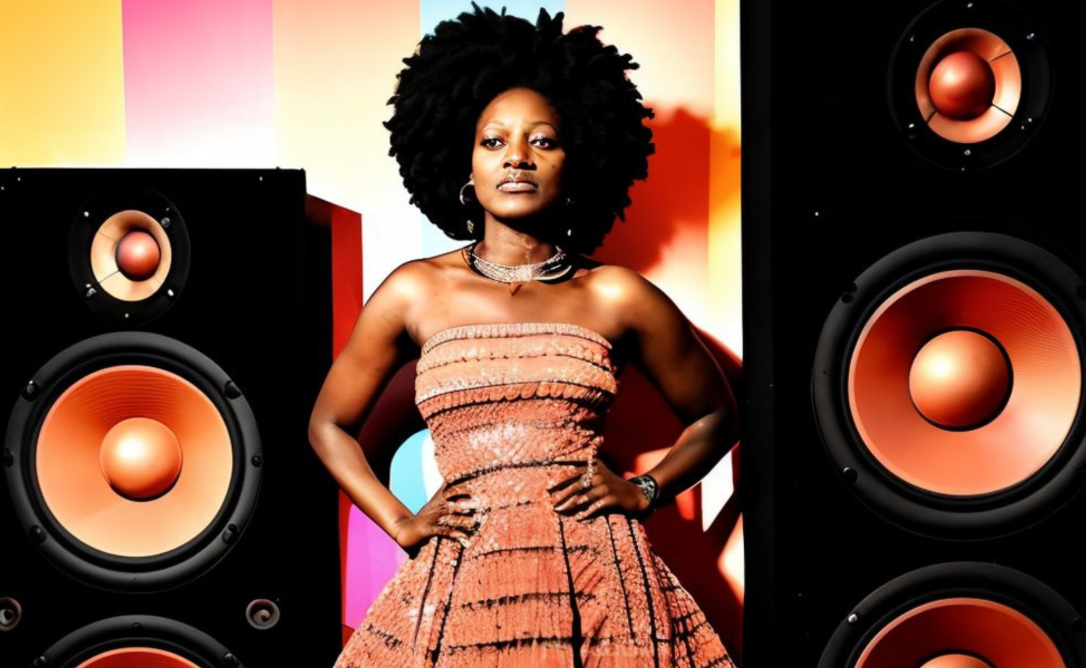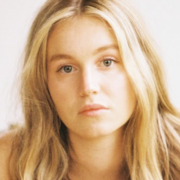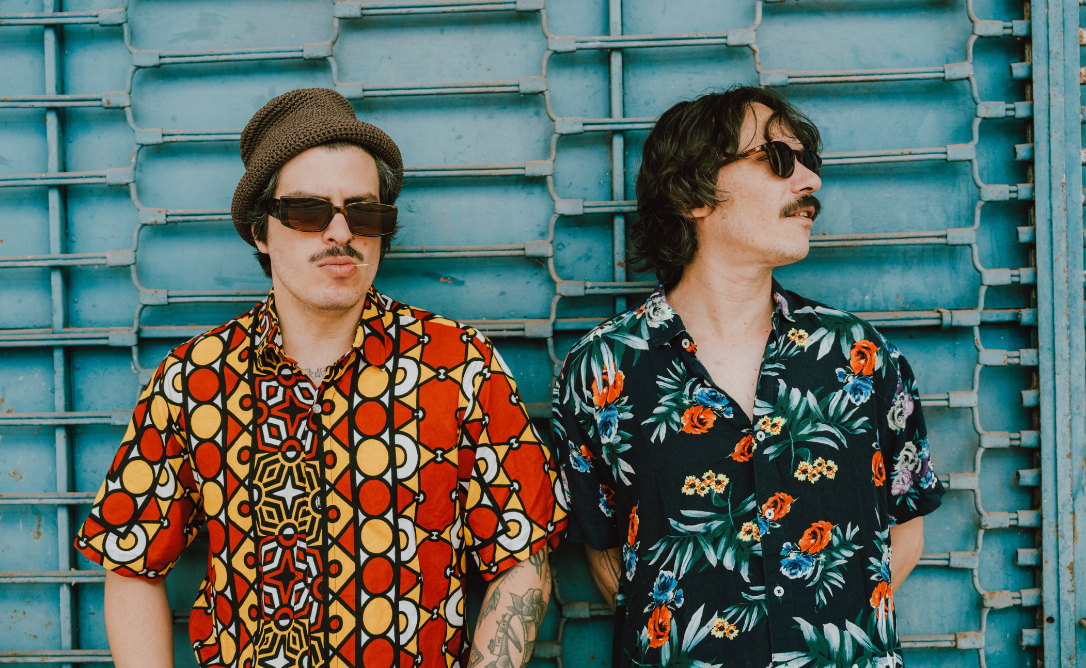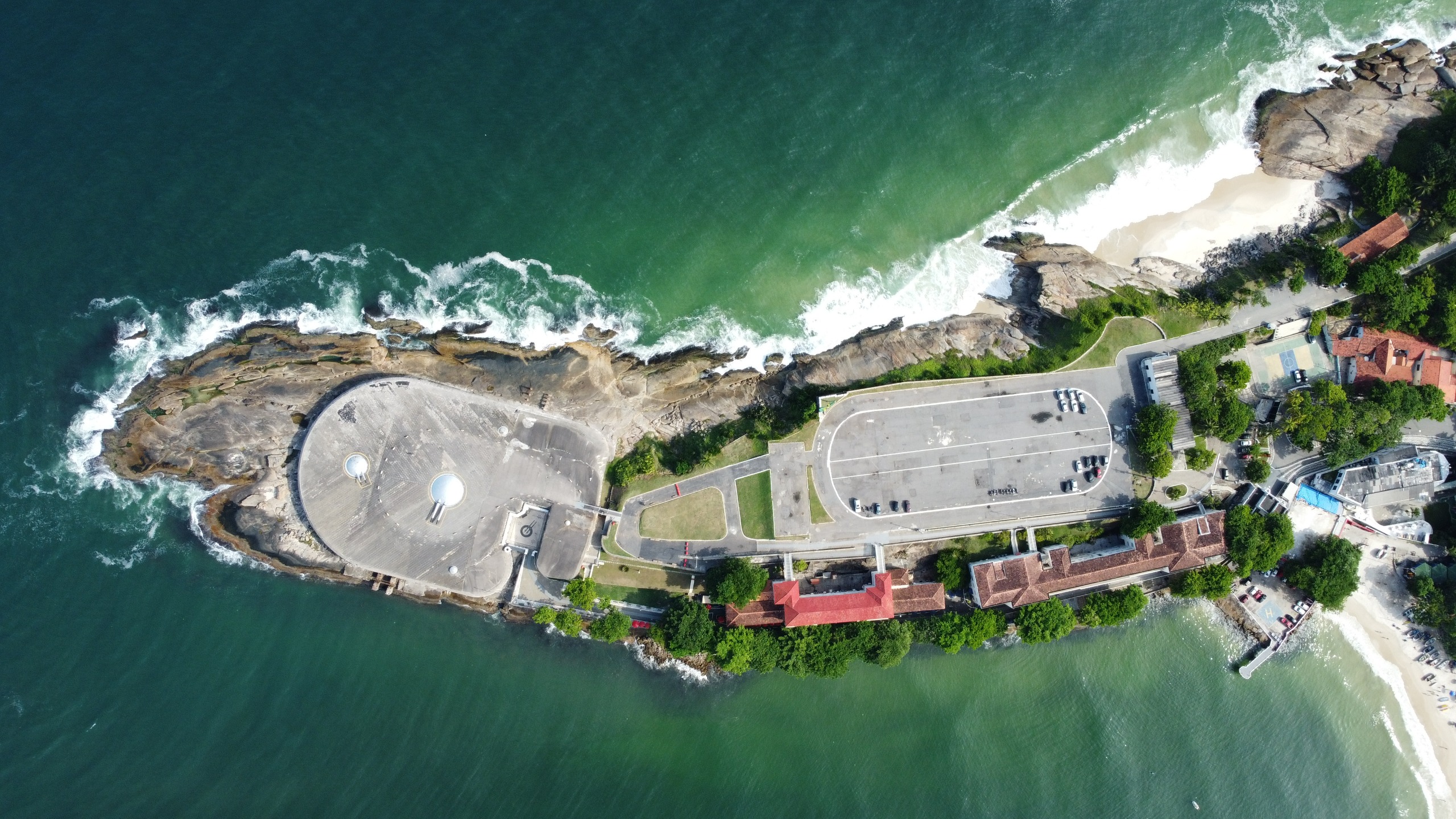Afro-Brazilian singer-songwriter Da Cruz , based in Bern, Switzerland, has just released the single “Uma Hora Mais,” a track from her upcoming album Som Sistema, scheduled for release in January 2026. Known for combining Brazilian roots with modern Black music, the artist presents a song with a somber atmosphere, marked by intense beats, trap elements, and an unexpected contrast with melancholic cello. The release was accompanied by a music video on August 29th, reinforcing Da Cruz’s creative versatility and her pursuit of narratives that engage with colonialism, social uprisings, love, and resilience.
“One More Hour” is about decisions that can change the course of your life. What personal or professional decisions have shaped your career and, in your opinion, led you to where you are today?
Answer: There were a few life-changing moments. One of the most important was my decision to move to Lisbon. It was my intense curiosity that led me to do so. In Lisbon, I came into contact with the highly interesting culture of the African diaspora—Angolans, Cape Verdeans, São Toméans, and others. At that time, kuduro was taking over the nightclubs, and I loved the raw energy of this music. That certainly left a mark on me.
Later, in Lisbon, I met producer Ane H. (he was the lead singer of the Swiss industrial band Swamp Terrorists), with whom I founded Da Cruz. He was looking for a new musical project. And, at some point, we started recording songs together. Later, we also fell in love, which continues to this day.
Another significant turning point in my life was the decision to move to Switzerland. I deeply respected it, because I would have had to start my life from scratch: learn a new language, navigate a society, experience a harsh -20-degree winter, completely reorient myself—in other words, be born again. But to this day, I don’t regret any of my decisions.
Each of them made me grow personally, even though I don’t want to romanticize any of it.
The track combines strong beats with a melancholic cello. How did you arrive at this unique sound combination, and what did you want to convey to the audience with it?
I like the dramatic device of introducing musical emphasis with calm, almost hypnotic passages. And I love the sound of the cello. Fun fact: for the music video, we instructed our AI models to play the cello in the forest. It took about 100 instructions before we got a few short sequences. In the world of artificial intelligence, the cello doesn’t seem to be a very popular instrument.
But rather to celebrate our Ancestral forces, to detach for a moment our bodies and minds in a celebratory healing movement.
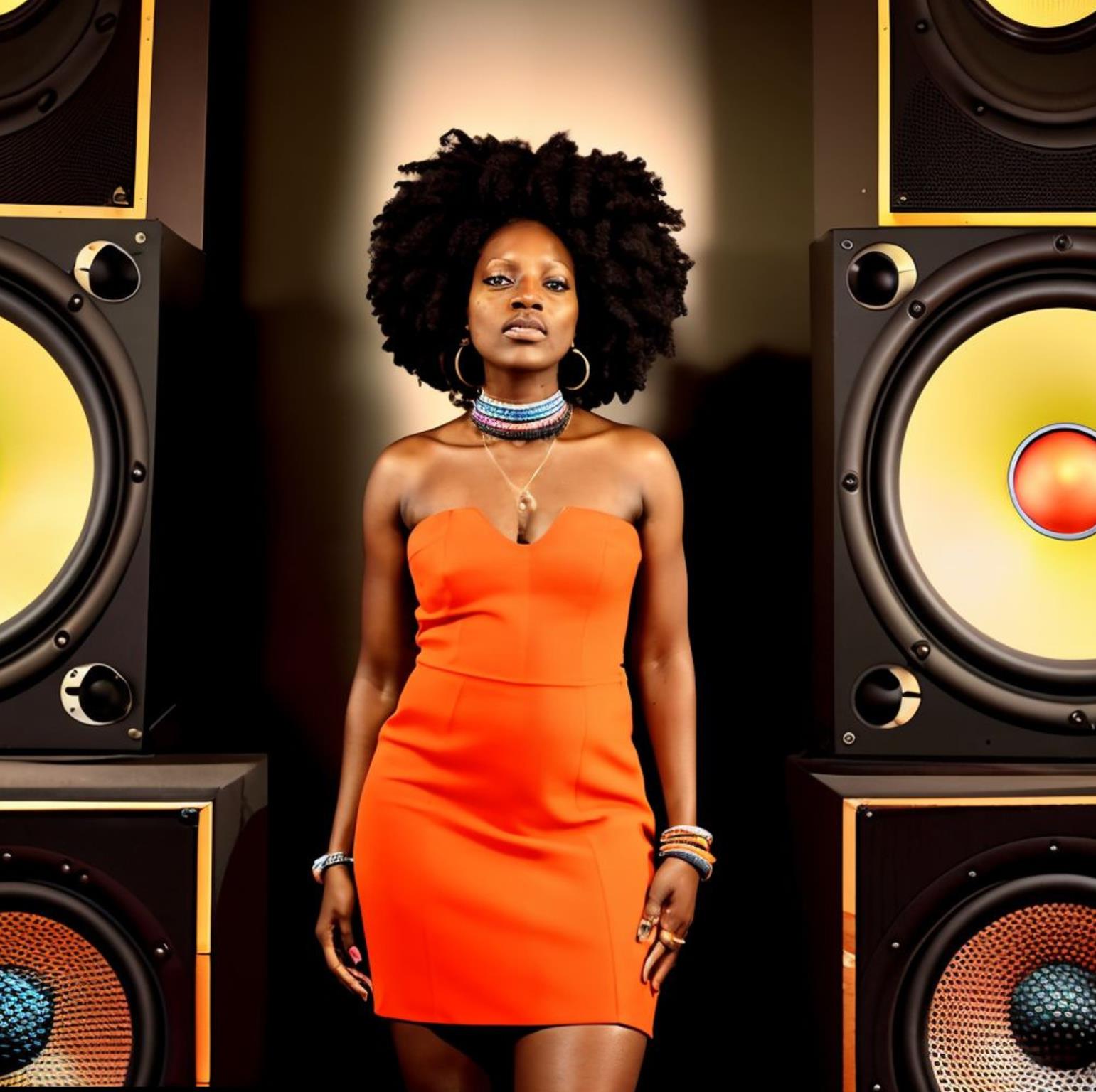
You live in Bern, Switzerland, but remain deeply connected to Brazil. How does this outside perspective influence your writing and approach to Brazilian social and political themes?
It’s like in all areas of life. A certain distance, a different altitude, changes the way you see an object. You see things that might remain hidden when you’re very close. But my view of Brazil is by no means sober; it’s tied to many emotions, as all my siblings and, until recently, my mother still live in Brazil. I come from the interior of São Paulo, where investment in the educational system was and still is precarious, sabotaging education for the manipulation of minds. In other words, it doesn’t provide the conditions for the basic rights to know, to understand, to have, to be, and to choose their own destinies.
Deconstruct this cultural and unequal abyss that we live in within Brazil.
From a distance, it’s perhaps even more frustrating to see how a young, wealthy country fails to achieve social balance. Quite the contrary. In recent years, Brazilian society has been deliberately divided. And there’s one thing I’ll never understand: how a political group believes it can strengthen a country by dividing it, rather than uniting it.
Since living in Switzerland, I’ve also noticed certain flaws in the design of our democracy. In Switzerland, there’s not just one president, but seven, representing four different parties. So it’s not as if the country can completely change every four years.
There is stability based on the art of compromise. Furthermore, the people have the ability to vote on certain decisions or correct decisions made at any time.
The people are aware that the elected politicians are those who are there to work for the common good of the population, and not for their own family, privileges, church, and so on…
This is called direct democracy, with the people as the ultimate political authority. Sometimes I wish other countries also had this regulatory option. For Brazil, but especially for the US.
“Uma Hora Mais” is almost a manifesto about courage and change. In your opinion, what role does music play today in stimulating action and reflection?
Unfortunately, there are no encouraging developments in music’s success in the political arena. If Beyoncé, Madonna, and Taylor Swift can’t stop Trump, then it’s fair to say that music doesn’t have the power to make people reflect. The problem is that they’ve discouraged people from being more curious, awakening, reflecting more, listening more to others, reading more, and showing respect. This culture of ostentation and destruction of others is unacceptable. I think they waste too much time on things that don’t enrich our knowledge. And time is a precious gift when we’re present in the Now. We’re here in transit, so let’s do what’s best for the collective now.
However, I believe that music is the art form that moves us most. It makes us cry, celebrate, dance, and laugh. So why shouldn’t it be able to dispel dark thoughts? I absolutely refuse to completely lose that illusion.
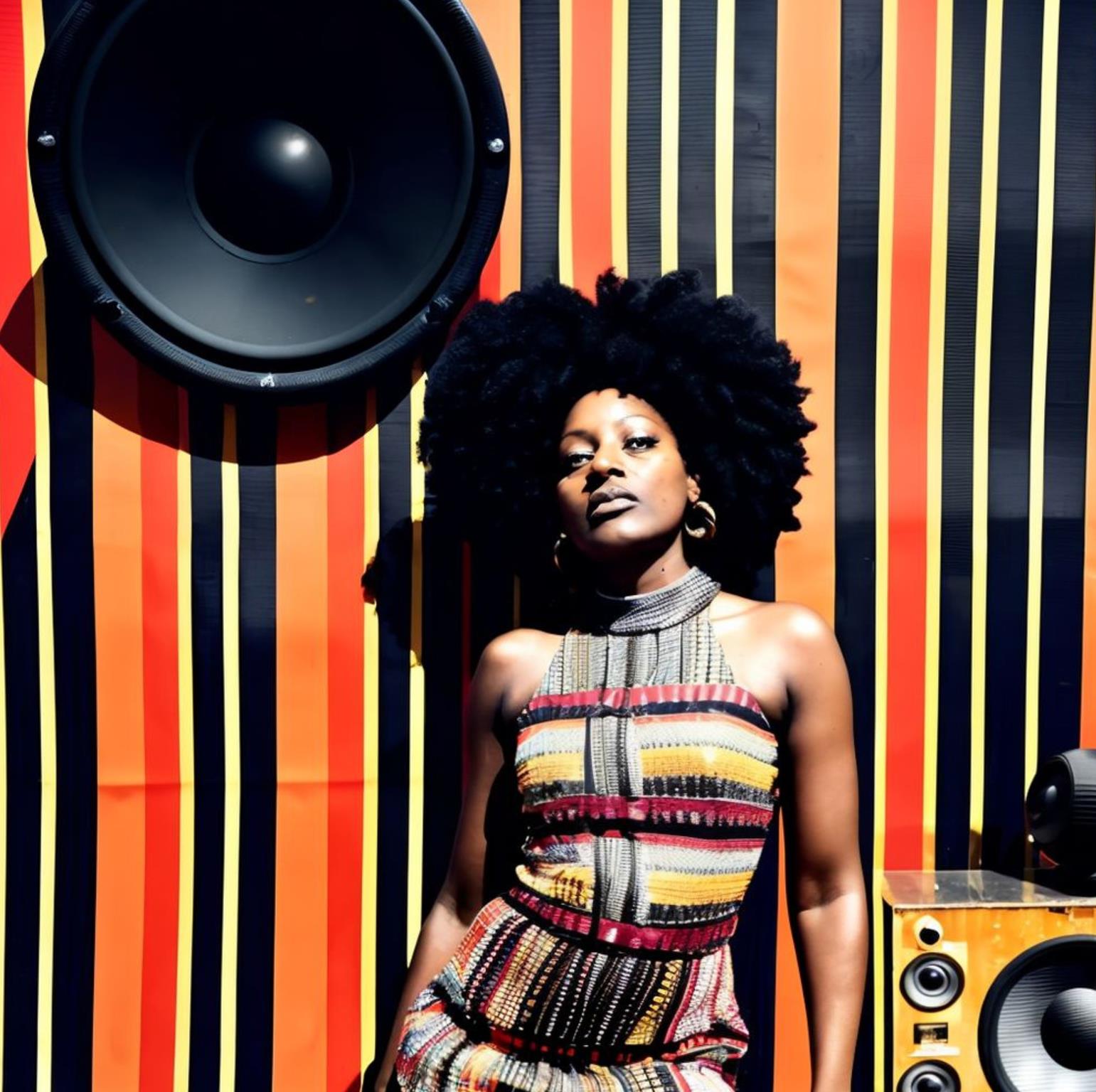
This track concludes a creative cycle and prepares the audience for the new album. What kind of narrative or message does the album as a whole intend to convey?
It’s a very personal album. For us Afro-Brazilians, it’s almost impossible to discover our roots. I don’t know which African country my ancestors were brought to on the slave ship. On this album, I tried to explore my roots through music. What motivates me? Where do I feel at home? But I didn’t focus on traditional African music styles, but rather on the incredibly inspiring music of modern times. The most exciting electronic music is no longer produced in Western metropolises. It emerges in the global South. Or in the diaspora.
You mentioned that you’d like to develop modern Black music. What inspires you most, and how do you balance tradition and innovation in your sound?
It would be presumptuous to say that I’d like to develop Black music. I’d rather say that I’d like to give Black music my own personal touch. Because, even though I’m inspired by styles like gqom, amapiano, afrobeat, or baile funk, I try to create an independent music from all these elements, one that’s in harmony with my personality. It’s always funny when, for social media campaigns or when presenting a proposal on Spotify, you have to indicate which artists have a similar sound, which target audience you want to reach. I’m always at a loss for answers. In truth, there’s not much that sounds like Da Cruz. I believe and hope to create something original, which, unfortunately, is a bit difficult to market in the age of algorithms. (laughs)
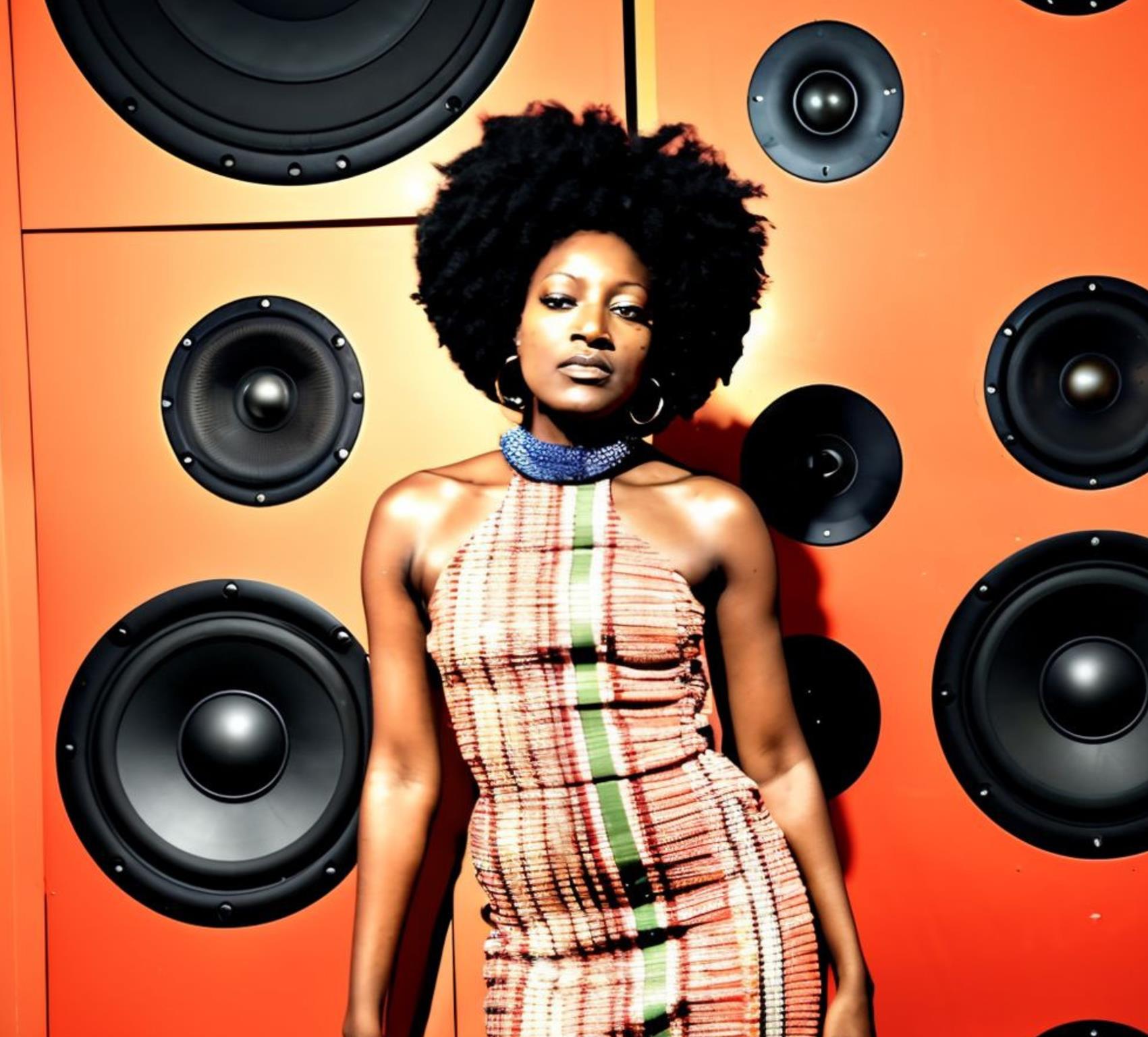
The music video was released on the same day as the song. How did you create the visual aesthetic to represent this contrast between urgency and introspection?
Actually, we weren’t planning on producing a music video for this song. So, we had a short break from touring and spontaneously decided to spend two weeks in the Swiss mountains. In Bettmeralp. An absolutely magical place at 2,000 meters above sea level. A walk in the forest inspired us to film some scenes to see if anything would come of it. So, with the help of two people, we went into the forest in the middle of the night and shot the music video. We delegated the rest to the AI. I really enjoy working with this new medium, because this technology is at a very interesting stage. It still makes mistakes. It claims to know the world, but fails miserably at certain tasks assigned to it. These mistakes interest me. Soon, they will be eliminated. But I like this surreal hallucination that the AI produces in the video segment. How it tries to recognize the world based on the most obvious parameters. Without intelligence, following its own logic. And yet, with our help, it manages to create oppressive and captivating atmospheres.
If you could summarize in one sentence what you hope the public will get from “Uma Hora Mais,” what would that message be?
Perhaps practicing a little humility about life. Realizing what a privilege it is to have free will. Knowing that this free will encounters limits and resistance for many people in this world. But yes. We are fortunate to be able to make decisions every day in the microcosm of our lives that can direct our existence in a completely different direction. In small and large ways. This is an enormous privilege of our creation. Oops. That was more than a sentence.
Follow Da Cruz on Instagram


